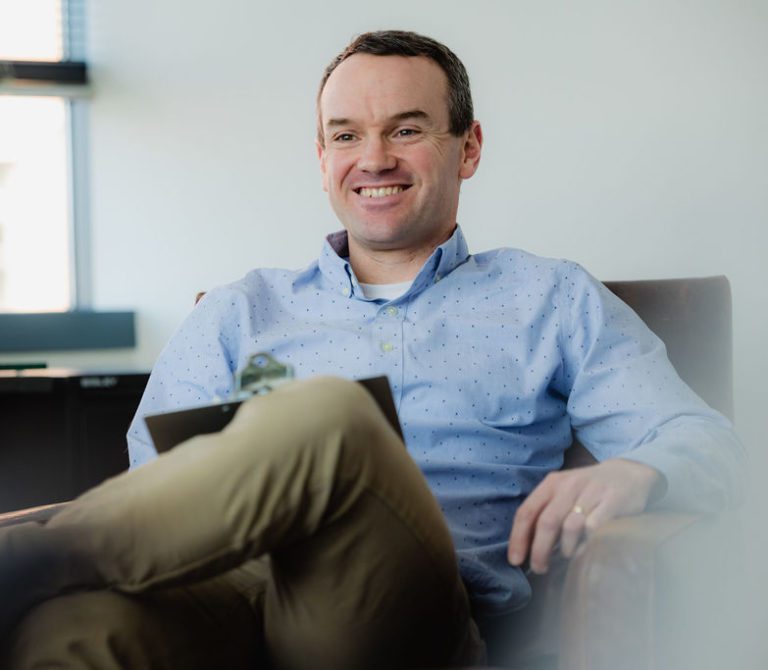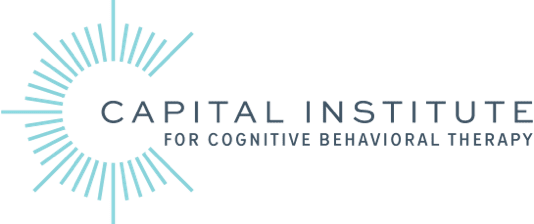Depression can drain the pleasure from life. CBT can help.
Depression is a mood disorder that causes a persistent feeling of sadness and loss of interest. It affects how you feel, think and behave and can lead to a variety of emotional and physical problems.
Mood fluctuations are normal and help inform us that something is missing in our lives and that we should consider changing things. But clinical depression is worse than simple fluctuations in mood. You may have trouble doing normal daily activities, and sometimes you may feel as if life isn’t worth living.
For many people with depression, symptoms are severe enough to cause noticeable problems in day-to-day activities, such as work, school, social activities or relationships with others. Some people may feel generally miserable or unhappy without really knowing why. Cognitive-behavioral therapy has been proven to help many people recover from depression and go on to lead more satisfying and fulfilling lives.

Symptoms of Clinical Depression
Depression may lead to trouble doing normal day-to-day activities. At the Capital Institute, we help people recover from depression using research-proven techniques.
- Loss of energy
- Loss of interest in activities and in life
- Pervasive sadness
- Feelings of hopelessness
- Physical complaints
Request Your Consultation
Ready to get started? Have questions? Click below to contact our helpful New Patient Coordinator.
Therapy Tailored For You
Individual therapy allows you to develop a relationship with a therapist who can take the time to get to know you, your history, your strengths, your struggles, your values, and your goals. Treatment can be tailored specifically for you. Whether you are interested in Teletherapy or in-person consultations at our Washington, DC, or Bethesda offices our Psychologist will provide you with exceptional treatment.
- Weekly and/or multiple times a week sessions
- In-person & teletherapy services available
- Range of fees to fit your budget

Related Disorders
PTSD
Post Traumatic Stress Disorder is a common reaction to very stressful or traumatic events.
Anxiety
Anxiety may include intense, persistent worry and fear about everyday situations.
